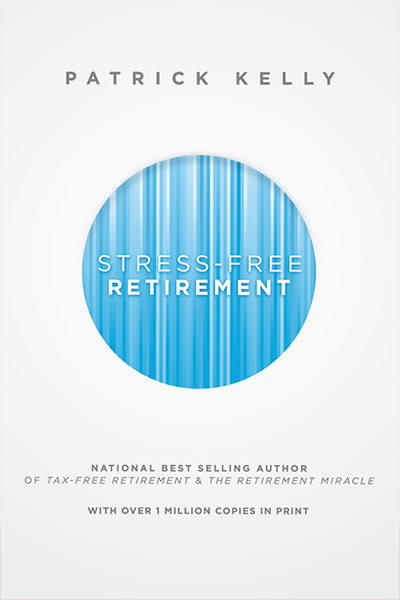Unseen Dangers
If you’re feeling confused about planning for retirement or wondering how the wild swings in the financial markets will affect your wealth
If you’re questioning whether you’re making the best possible decisions with your portfolio or not you have a good reason.
Nothing is as it was.
If you’re approaching retirement or have recently retired, you face five unseen dangers that you may sense but can’t quite define. If so you are not alone.
An extremely volatile stock market, an unsustainable bond bubble, inevitably higher taxes, above normal personal inflation rates, and your expected longevity are putting your future financial security at great risk.
How will you plan for a comfortable retirement that may very well be longer than you anticipate and not outlive your money?
Hidden Obstacles
Let me ask you, what would you do if you knew for certain that the advice you’ve been given over the last 30 years no longer worked?
You might search for better solutions. But you might miss civilization-changing opportunities born out of our retirement-security crisis if you’re locked into the investment rules of yesterday the myths of today.
These investment myths are pernicious.
Even in the face of vast contrary evidence, many wealthy Americans, perhaps like you, are clinging to advise that tells you to stay the course, don’t panic, you’re doing everything right, the market will bounce back always does.
Perhaps these words are coming from advisors that you’ve trusted for years, professionals who you believe are attentively watching and managing your wealth.
Nothing could be further from the truth.
These myths, which may have worked in the past, conveniently support the fee and commission generating structures of major brokerage firms, mutual fund companies, discount brokerage firms, and fee-only investment advisors. These myths work well to support advisors and their firms but might not support you as you try to prepare for a successful and comfortable retirement.
Myths, Half-Truths, and Lies.
Putting all (or substantially all) of your wealth into the market (using individual stocks, bonds, or mutual funds) is the best way to prepare for your retirement.
Maybe but then again, maybe not.
Do you want your family’s retirement to depend upon hoping that the markets do well in the future? I would.
A well-diversified portfolio of mutual funds or stocks will reduce your risk (while one fund goes down the others go up) and provide a conservative path to and through your retirement.
Not really true. In 2000, 2001, 2002 and then again in 2008 and 2009 we saw everything go down.
Adding bonds to your portfolio (as you approach retirement) will reduce your risk of losing money.
Not now, the next time interest rates start to go up again virtually all bond portfolios will suffer substantial losses in value.
You can use and depend upon a mutual fund portfolio to provide you income during retirement and never really worry about running out of money.
That is absolutely false. We will be discussing a real-life couple, Mark and Cathy, who suffered tremendously from this myth.
Don’t worry, you have a conservative portfolio and besides, I am watching it closely.
Wrong, wrong, and wrong.
Your fees are negligible.
Really? How is it that your brokerage firm, mutual fund company, or discount brokerage firm can afford the rent on a nationwide complex of offices, staff, and massive amounts of advertising?
Everyone out there is so incompetent/dishonest that I am better off managing my own portfolio (I’ve made a lot of money in my life, I’m a smart guy, all I need to do is use the Internet to figure this out.)
I’m a pretty smart and successful guy too, but I would never dream of learning brain surgery on my own. That’s not where my unique ability lies.
We’ve been in business for 100, 150, or 200 years, so we really know how to help you manage your money and we are here for you.
In the last few years, we have seen major Wall Street firms such as Merrill Lynch, Smith Barney, Hartford, and others so mismanage their own money and risk that they needed to be bailed out and merged with other firms just to stay alive. How many firms and advisors actually protected their clients during the crashes of 2000 and 2008? Did yours?






